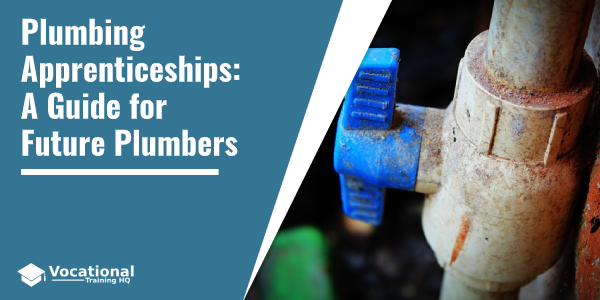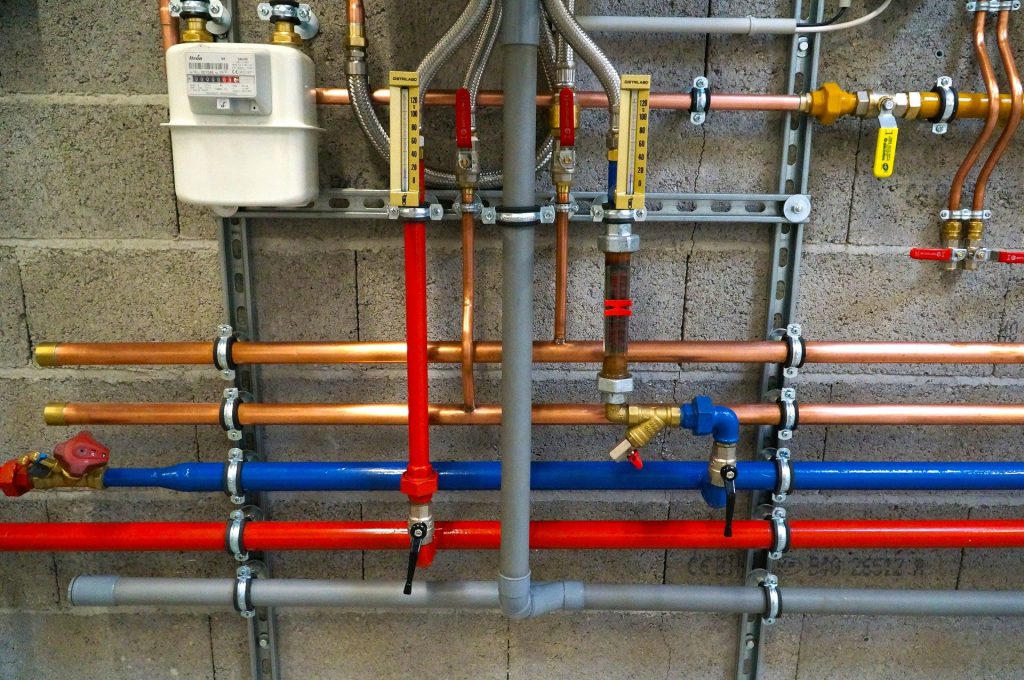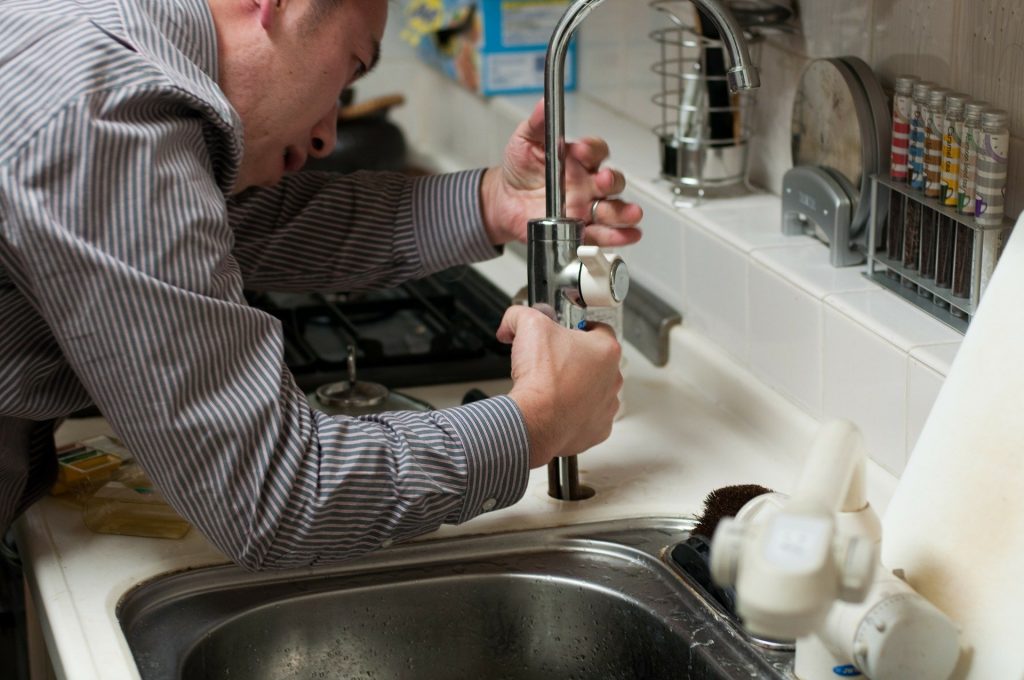If you are considering plumbing as a career choice, then you probably already know that you need to finish some post-secondary training before being ready to start work.
Being a plumber is not only about fixing faucets and installing toilets; this type of work is essential in our society.
Skilled plumbers also install appliances, design piping systems, and respond to plumbing emergencies.
It may not sound like the most glamorous career choice, but plumbing is one of the best-remunerated trades, and according to the Bureau of Labor Statistics, the most experienced workers can make well over $90,000 per year.
The average annual wage for this profession was, according to the same source, $55,160 per year as of May 2019- which means that half of all workers in this profession earned more than this while half earned less.
Because every new building needs an efficient plumbing system, and every existing system needs maintenance, there is a great demand for skilled plumbers in the United States.
However, as with every well-paying job, you need many years of training and experience before being able to practice it at the highest level.
The journey of a good plumber usually starts with a great apprenticeship program.
What is a Plumbing Apprentice?
An apprentice plumber is some who is paid while learning hands-on the technical aspects of this profession.
Apprenticeships allow students to earn a living while working under the supervision of an experienced plumber.
Such programs typically include formal courses as well as on-the-job-training.
The courses that are taught in a classroom setting cover topics such as building regulations, blueprint reading, math, as well as OSHA safety.
Apprentices receive a pay raise as they earn experience, and a fifth-year apprentice can earn a full wage upon licensure.
Apprenticeship programs are usually offered by a local plumbers’ union or school, but some of them are also managed by private companies.
Good programs teach students the ins-and-outs of this trade while also covering the business side of this trade.
Apprentices may also learn how to use advanced computer software.
At the end of the apprenticeship, you are not a full-fledged plumber yet, but you are ready to take the state licensing exam and, if you pass this test, you can start work as a journeyman plumber.
How Many Years of Training Do I Need?
Although each program is different, apprenticeships usually take between two and five years to complete.
It may seem like a long time, but you should take into account that you will learn on-the-job and you will be paid while learning.
How Do I Apply for a Plumbing Apprenticeship?
If you want to apply for a plumbing apprenticeship, you will usually need a high school diploma or GED, and making sure that you have a good resume should be the first step.
Afterward, you should research the best learning opportunities in your region by contacting a representative from your local plumbers’ union.
In conclusion, although you will need up to five years of training beyond high school, becoming a plumber can be a wise career choice.
Read the full guide: How to Become a Plumber


